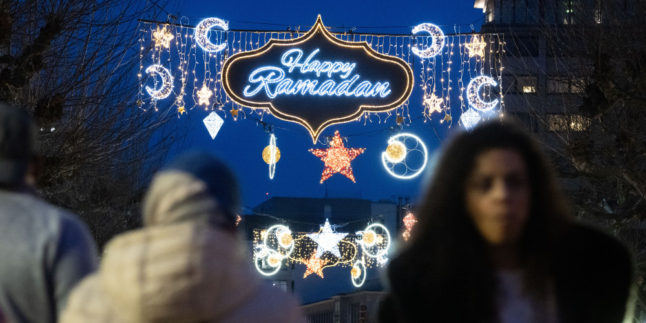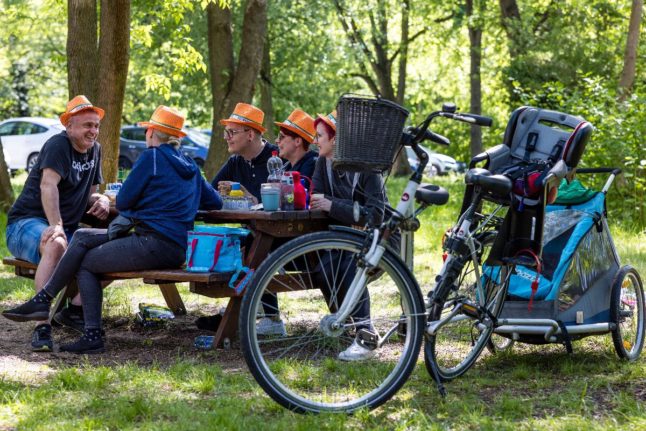What’s still open in Germany over Easter
Easter shutdowns got an early start on Thursday as grocery story workers for the Lidl and Kaufland chains went on strike ahead of the holiday.
As a general rule, shops, doctor’s offices, pharmacies and such are closed on Good Friday, Easter Sunday, and Easter Monday. However establishments like this located in train stations and airports have a special exemption – and can remain open. You should, however, check their hours – as their Sunday and holiday hours might be different than normal.
Restaurants, cafes, bars, and clubs are generally open on public holidays and eager to accept customers, although some might have holiday hours that differ slightly. Bakeries can open in some places, but the rules may differ slightly according to Bundesland. In Berlin, bakeries can open between 7:00 am and 4:00 pm over Easter.
READ ALSO: What’s open and closed in Germany over the Easter weekend?
Federal President gives final sign-off to cannabis legalisation
Despite appeals from the opposition Christian Democrats not to sign the law over objections from state interior and justice ministers, Federal President Frank-Walter Steinmeier has given final sign-off to Germany’s law legalising cannabis.
Presidential signature is the last step required to make German laws official after they’ve passed the country’s two chambers of parliament – the Bundestag and the Bundesrat.
This final step paves the way for a planned legalisation date to start in Germany on April 1st – or Easter Monday.
KEY POINTS: What to know about Germany’s partial legalisation of cannabis
Ramadan lights could come to Berlin next year
Berlin could follow Frankfurt’s decision to put up Ramadan lights along one of its main streets next year.
Frankfurt recently put them up to coincide with the Muslim holy month, which started on March 10th and runs until April 9th this year.
“Such a glint is beautiful and I think it would be a good sign for people practicing Ramadan,” Stefanie Remlinger, the district mayor of Berlin-Mitte told Berliner Zeitung. “I don’t think a culture war would break out of there was Ramadan lighting in the Mitte district.”
Berlin-Mitte is where may national symbols – like the Brandenburg Gate – are located. The gate it noted for the signs of solidarity often emblazoned across them, including lighting up in Israel’s flag after the Hamas massacres of Israeli civilians on October 7th, or in Ukraine’s flag following the start of Russia’s full-scale invasion in February 2022.
Remlinger says such a measure is a discussion for next year’s Ramadan rather than this year’s.
READ ALSO: Frankfurt becomes first German city to light up for Ramadan



 Please whitelist us to continue reading.
Please whitelist us to continue reading.
Member comments